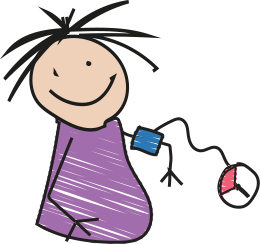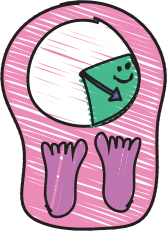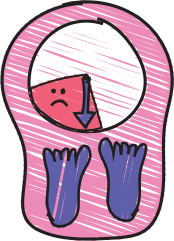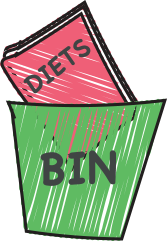Avoid putting on too much weight when you're pregnant
When you’re pregnant, aim to put on a healthy amount of weight – not too much and not too little. If you gain too much it can be more difficult to lose it afterwards. It can also put you at risk of high blood pressure, or needing more help from a doctor when your baby is born.
Weight during pregnancy
True or false?
- 1. I need to eat for two
- 2. It's safe for pregnant women to exercise
- 3. Eating one meal a day is a good way to manage my weight
- 4. Some types of exercise are not safe for pregnant women
- 5. Breastfeeding can help women return to their pre-pregnancy weight
- 6. I need to have full fat or 'blue top' milk to help my baby's bones develop
- 7. I will put on too much weight if I eat potatoes, bread, pasta and rice
- 8. Pregnant women need to take some vitamins
- 9. I need to eat chocolate, sweets and sugary drinks for energy
- 10. Eating low fat foods will help me to manage my weight
- 11. You should eat at least five portions of fruit and vegetables a day
 Menu
Menu








